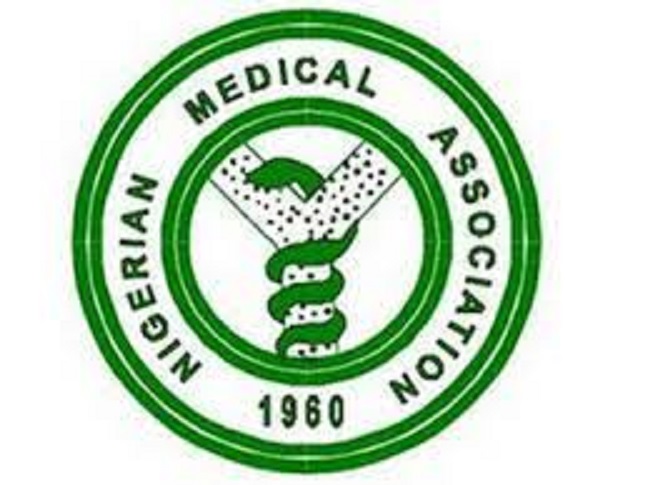The chairman of the Nigerian Medical Association (NMA) Kano State branch, Abdurrahman Ali, has lamented the exit of 15, 000 medical doctors from Nigeria as of 2024 due to poor remuneration.
He revealed this during a media conference reflecting on the progress and issues confronting doctors in the state.
The doctors while marking this year’s physician week with the theme ‘Ensuring Universal Applicability in Remuneration: a Panacea to Talent Retention in the Healthcare System’ are concerned that doctors deserve a fair remuneration and recognition of their value.
“Fair remuneration is more than just a salary figure; it is recognition of our value. A motivator for excellence and a safeguard against burnout in any industry, particularly in health care. Adequate compensation reflects the time, emotional energy and personal commitment healthcare professionals invest. When a healthcare worker is fairly and equitably respected, it, in turn, fuels their dedication, strengthens their commitment to patient care, and fortifies the larger health ecosystem.”
The chairman further called on the Kano State government to come through with the agreement signed with the NMA on the revised hazard allowance for health workers.
Professor Baba Audu, president of the NMA, said that the mass exodus of doctors out of Nigeria is not merely a symptom of individual decisions but a consequence of a system that fails to offer doctors fair compensation and career fulfillment.
Professor Audu, represented by Dr Happy Adedapo at the 2024 Physicians’ Week media briefing in Ibadan, declared that fair and universal remuneration is a foundational component of sustainable healthcare, saying fair remuneration is more than just a salary figure.
“Because of the nature of healthcare delivery and the service doctors render, it makes more sense to make it (remuneration) uniform, irrespective of whether you are working with the federal government, the state government, or the local government.
“The bedrock of healthcare delivery in any nation is at the local government, where you have the primary care centres. Patients do not need to come to University College Hospital (UCH), Ibadan, for example, to treat ordinary malaria. At that point, one could easily treat certain minor ailments.
“But when there is high pay parity between the local government doctor and the doctor working with the federal government, as we are experiencing now, the healthcare workforce will be depleted in favour of the tertiary centres.
READ ALSO: Northern govs, Emirs reject tax reform bill
